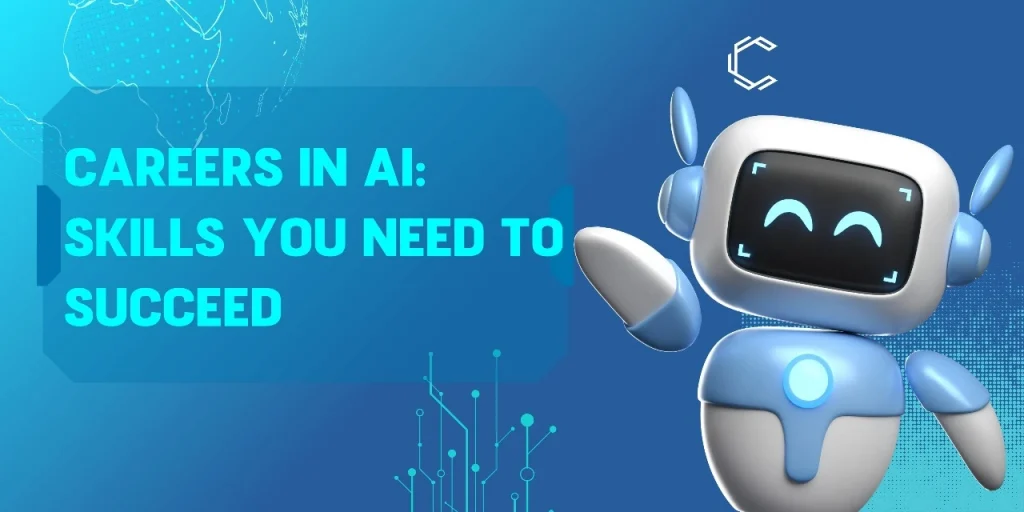Introduction
Artificial Intelligence (AI) is changing our way of living, working, and solving problems. From voice assistants to self-driving cars, AI is everywhere—and with its rapid growth, Careers in AI are becoming more important than ever. As technology increases, some of the most exciting and high final jobs in AI become some of the world's careers. Companies in various industries hire experts to improve products, automate tasks and help make better decisions. Whether you are a student, job seeker or someone wants to change careers, AI offers many opportunities for development.
To create a successful career in AI, you just need more than interest. You need to develop the right set of skills, understand the equipment used in AI and keep up to date with the latest trends. This blog will guide you through the best skills required for AI career
, explain each one, and will help you plan your way in a world of artificial intelligence.



